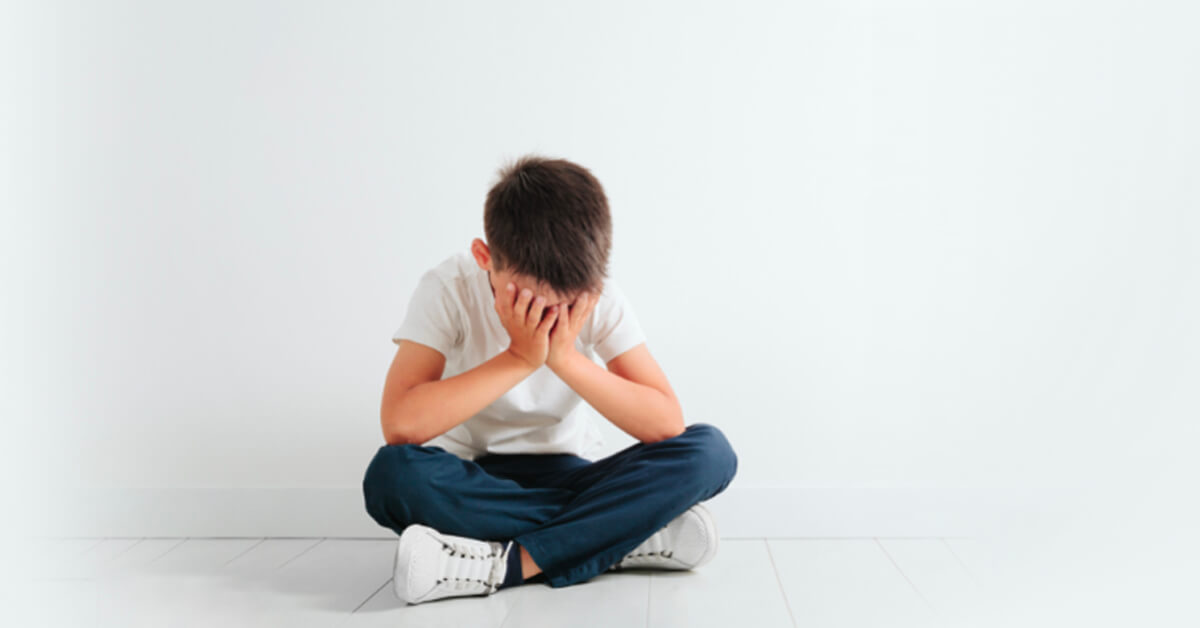As of January 2022 (the latest data available at the time of writing) more than 400,000 children are being treated for mental health issues every month.
A survey carried out by Place2Be and the National Association of Head Teachers in February 2022 found that the key areas of concern amongst pupils were:-
- Low self-esteem (86%)
- Depression (76%)
- Constant feelings of anger (68%)
Alarmingly, 1 in 6 young people have a diagnosable mental health problem, many of whom carry their mental health issues through to adulthood.
The pandemic had a profound effect on mental health in children, with The Children’s Society citing that over the last three years, the likelihood of young people having mental health problems has increased by 50%. This is leaving service providers and specialist care agencies over-stretched, and treatment for those who need it almost impossible to obtain.
For further information, consult the report published in January 2021 by The Lancet on mental health in children pre and post pandemic.
Causes Of Mental Health Issues In Children
As with adult mental health, every child is different. There are, however, recognised factors that can contribute to a child developing mental health problems.
Traumatic experiences such as moving home or school, bereavement, long-term illness, abuse, domestic violence, being bullied and divorce or separation can all have a profound impact on a child, from infancy to young adults.
Add into the equation the pressures placed on children from their peers, social media and their immediate environment and it’s easier to understand why we now have a record number of UK families seeking help.
Many schools now include mental health awareness activities within the PHSE element of the National Curriculum. Wellbeing workshops and mindfulness sessions are giving young people the confidence to speak up about their feelings, as well as raising awareness of the signs and triggers to look out for.
In addition, 4,700 schools and colleges throughout the UK are now expanding their mental health teams and opening a 24/7 mental health crisis telephone support service for all ages.
Our specialist team of highly skilled Registered Mental Health Nurses have many years’ experience working within Children & Adult Mental Health Services. We’ve experienced an increase in the demand for their services over the past two years or so, largely, we believe, due to the effects of the pandemic and lockdown in the UK.
Recognising The Signs
It can be difficult to recognise the signs that a child may be struggling with their mental health. However, the following (not exhaustive) list may be an indication that guidance is required:
- Constant sadness lasting 2+ weeks
- Social withdrawal
- Self-harm, or talk or self-harm
- Extreme outbursts of irritability
- Talk of, or thoughts of death/mortality
- Out of control, damaging behaviour
- Drastic mood swings
- Changes in eating habits
- Lack of sleep
- Change in academic performance
- Difficulty concentrating
Talking to the child/young person may be enough: recognition, listening and developing coping strategies together can help to put things into perspective. If you have deeper concerns, speak to your child’s teacher, close friends, and healthcare provider. The latter will be able to signpost you further should a diagnosis be required, and a treatment plan put into place.
For more advice:
Children 1st (Scotland only)
